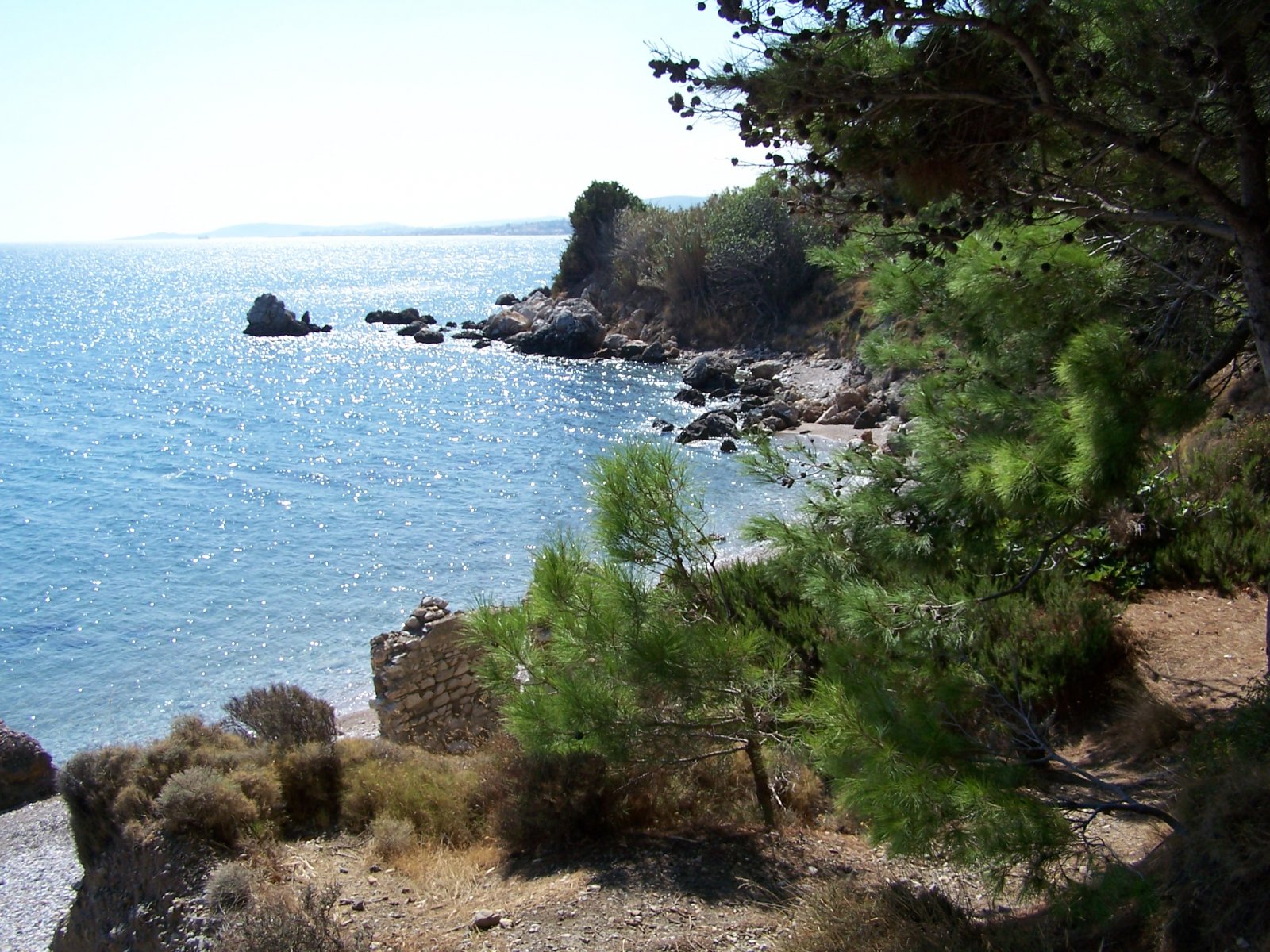Strategies

Strategies, tourism is now one of the world’s largest industries and one of its fastest growing economic sectors. For many countries tourism is seen as a main instrument for regional development, as it stimulates new economic activities.
Tourism may have a positive economic impact on the balance of payments, on employment, on gross income and production, but it may also have negative effects, particularly on the environment.
Unplanned and uncontrolled tourism growth can result in such a deterioration of the environment that tourist growth can be compromised.
The environment, being the major source of tourist product, should therefore be protected in order to have further growth of tourism and economic development in the future.
This is especially true with regard to tourism based on the natural environment as well as on historical-cultural heritage. Sustainable tourism has three interconnected aspects: environmental, socio-cultural, and economic.
It also refers to the management structures that are needed to achieve this.
For sustainable tourism. The first part presents general views on tourism and sustainable economic development and opinions on the relationship between tourism and the environment. Concentrate on strategies and policy instruments.